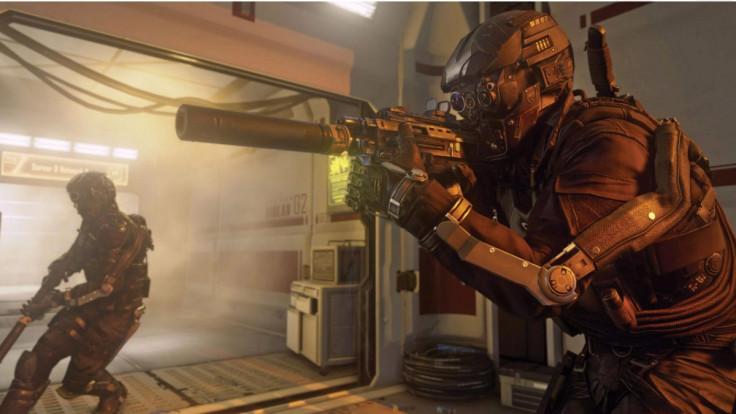Violent Video Games Help 'Increase Moral Sensitivity'

A study carried out in the US has revealed that violent video games can lead to an "increased sensitivity" among players "toward the moral codes they violated".
Led by Matthew Grizzard, PhD, an assistant professor in the University at Buffalo Department, the study was carried out by researchers at the University of Texas and Michigan State University.
"Rather than leading players to become less moral," says Grizzard, "this research suggests that violent video-game play may actually lead to increased moral sensitivity. This may, as it does in real life, provoke players to engage in voluntary behaviour that benefits others."
Called Being Bad in a Video Game Can Make Us More Morally Sensitive, the study found that players committing heinous acts in a virtual world will have feelings of guilt about what they have done.

Other studies have found that guilt felt in real life following immoral behaviour will elicit pro-social behaviour in most people. "We suggest that pro-social behaviour also may result when guilt is provoked by virtual behaviour," says Gizzard.
The study set out five "moral domains" – care/harm (violence, cruelty), fairness/reciprocity (injustice), in-group loyalty, respect for authority and purity/sanctity – randomly assigning two of them to the 185 participants.
Guilt-scale
The subjects either participated in the guilt-inducing scenario, in which they "played a shooter game as a terrorist or were asked to recall real-life acts that induced guilt". Or they took part in the control scenario, a "shooter game play as a UN soldier or the recollection of real-life acts that did not induce guilt".
After completion the subjects completed a "guilt-scale" and a questionnaire, the feedback from which helped shape the study's conclusions.
"We found that after a subject played a violent video game, they felt guilt and that guilt was associated with greater sensitivity toward the two particular domains they violated - those of care/harm and fairness/reciprocity," explains Grizzard.
"Our findings suggest that emotional experiences evoked by media exposure can increase the intuitive foundations upon which human beings make moral judgments. This is particularly relevant for video game play, where habitual engagement with that media is the norm for a small, but considerably important group of users."
The study also found that the definitions of those acts – both in real life and in-game – also shape the reaction from players.
"For instance an American who played a violent game 'as a terrorist' would likely consider his avatar's unjust and violent behaviour to be more immoral than when he or she performed the same acts in the role of a 'UN peacekeeper'," said Grizzard.
For years many media outlets have attempted to link violent video games to a number of horrific crimes, most famously in the case of the Columbine Massacre of 1999.
© Copyright IBTimes 2024. All rights reserved.






